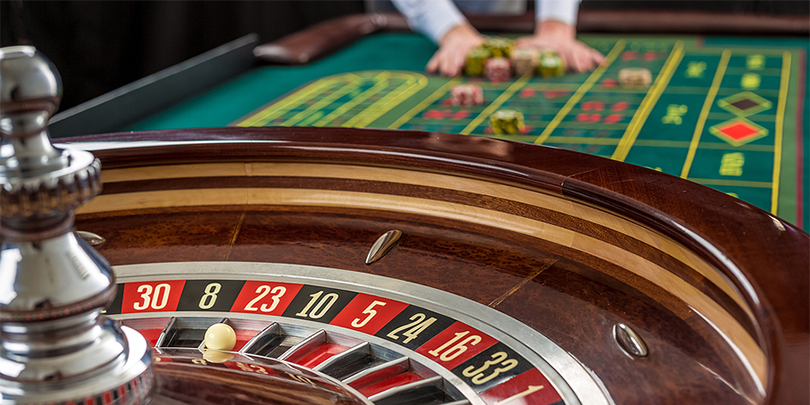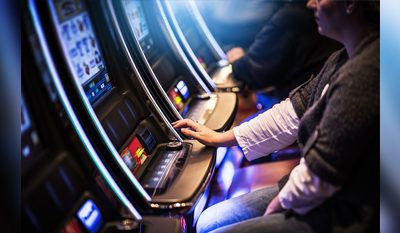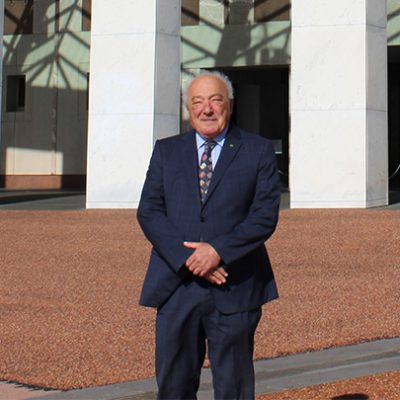
Catholic bishops in Thailand have allied with opposition parties to ask the government to abandon a bill that aims to legalise gambling, reportedly to attract investment and bolster tourism. Source: UCA News.
The Thai cabinet approved a revised draft of the Integrated Entertainment Business Act in March, which was scheduled for debate and a vote on April 9.
However, reports indicate that the government has now postponed it due to intense criticism from opposition parties and religious leaders in the Buddhist-majority nation, where gambling was banned in 1935.
Thai bishops opposed the bill, stating that legalising gambling could lead society to severe moral degradation.
The Catholic Bishops’ Conference of Thailand, in a statement on April 3, said the bishops opposed the bill because the Church has a mission “to be a moral teacher for humanity”.
The conference president, Bangkok Archbishop Francis Xavier Vira Arpondratana, said in the statement that the Church is responsible for “proclaiming moral principles and social order at all times and places.”
He warned legalising gambling and casinos could beget social vices such as gambling addiction, financial and debt issues, crime, money laundering, human trafficking, and deception, particularly affecting children and youth.
The bishops noted that economic activities and morality are intertwined, and economic development should not overlook morality and “overall human development”.
“Therefore, we call on the government to focus on sustainable and balanced economic development in line with the development of the people’s morality and ethics,” the statement urged.
Despite being illegal, gaming activities and lotteries, including soccer betting, continue in Thai cities as part of underground activities with substantial amounts of money exchanging hands.
Once legalised, gambling and gaming would be allowed on a large scale, similar to countries such as Cambodia, Laos, Myanmar, Singapore, and the Philippines, allowing the government to earn money through licensing fees and a share of entry ticket fees.
FULL STORY





